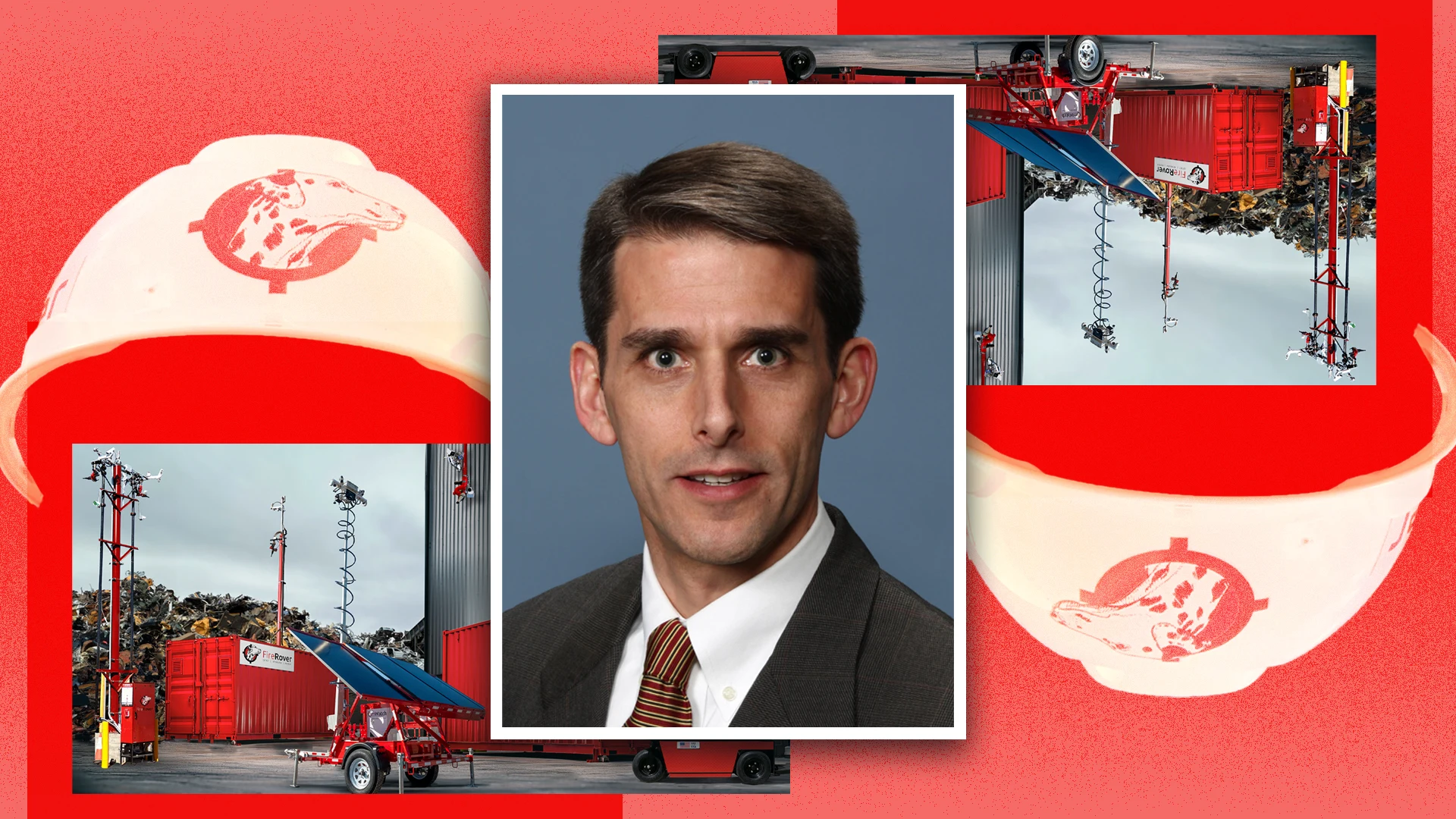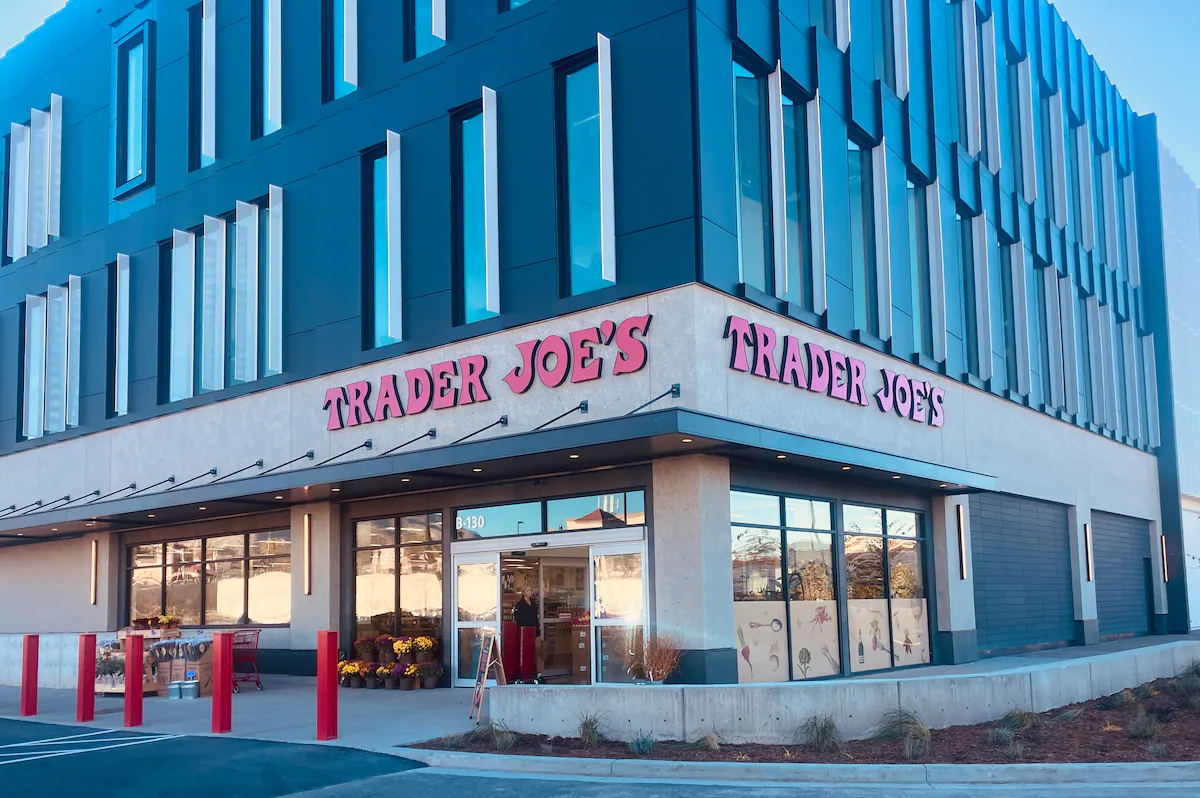Copyright Inc. Magazine

Fire Rover is all about responding quickly and efficiently to crises: the Farmington Hills, Michigan-based tech company—which has now cracked the Inc. 5000 list five years in a row—works to detect and extinguish industrial fires before they get too big. So it’s fitting that Will Schmidt, Fire Rover’s CEO, joined the company in a moment of crisis, too. Schmidt says he initially met the Fire Rover team at a trade show in early 2018, back when he was still working for Pacific Western Bank. The fire-fighting company so interested him that he made a trip out to their Detroit-area headquarters for a tour. “It didn’t really fit into any box that I had at the time—it was a little small and so forth—but [I] nevertheless wanted to keep in touch,” he recalls. Featured Video An Inc.com Featured Presentation About nine months later, Brad Gladstone—who’d founded the company in 2015—passed away. Conversations about what Schmidt could do to help during that period of transition eventually led to him taking on the CEO role in fall 2019, he says: “The idea was hatched to come out and…flip from the side of investing and telling people what they should do, to actually getting in the hot seat.” Fire Rover’s fire-fighting tech can be broken down into two parts: detection (which involves using thermal cameras, light sensors and smoke-detecting computer vision software to notice an industrial fire early) and suppression (which finds remote operators reviewing the situation and releasing a targeted suppression stream as needed). “Typically, we’ll be applying suppression five minutes before something like a traditional sprinkler head would pop, because it takes some time for the heat to accumulate at that sprinkler head,” Schmidt explains. “Because we’re highly concentrated, we’re able to use about 88 percent less water, typically, to put this fire out, which means they can get back to work quicker, less cleanup, less damage from the fire and less damage from water.” That such a fast-growing tech company (No. 1,434 on the 2025 Inc. 5000 list) is being run out of a suburb north of Detroit may surprise people used to looking to San Francisco, Austin and Boston for innovation. But the CEO says the Midwest has a good regional talent pool of mechanics, electrical engineers and plumbers he can draw on. Becoming CEO meant Schmidt had to move his family from St. Louis to the Detroit area—a transition complicated by the onset of COVID soon after. Still, it ended up working out for the company. Since joining, Schmidt has sought to scale and professionalize Fire Rover, which he says has finally given key employees the flexibility to take vacations. “The business is probably 10 times the size it was,” he says of his tenure, estimating that the employee headcount has sextupled since he came on board. Maintaining good relationships with customers—many of whom are in the waste management, scrap metal and recycling sectors—has been key to that growth, he adds. Sales opportunities are also growing as industrial fires among Fire Rover’s core customer base become more common, Schmidt says, which he attributes to waste facility’s efforts to process more material and boost efficiency. “A lot of times, you’re pushing the edges of physics,” he explains. “Moving that material creates more friction and things [like] that, so many industrial processes are inherently a little bit more dangerous than they used to be as people seek to become more efficient.” While Schmidt comes from a finance background—“spreadsheets are my natural gravitation,” he tells Inc.–he points to his company’s culture as a key driver of its success. “As you bring people on and rapidly expand,” he says, “making sure that culture is well defined—whether that’s written-down core values, or you sit down and tell everyone about the founding of the company and what your expectations are—that’s, to us, been part of the secret sauce.”



